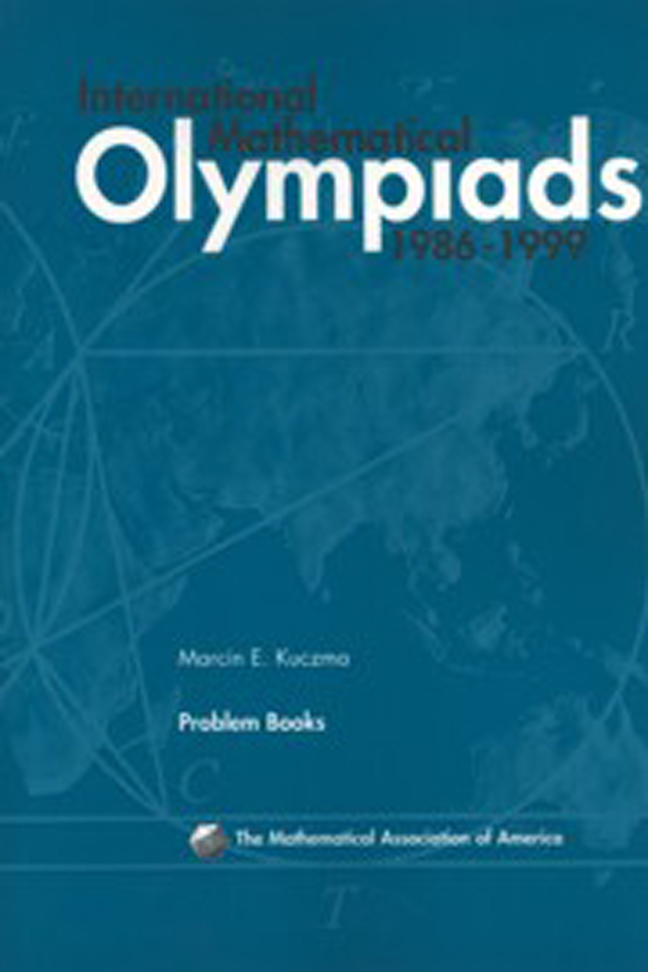Results
Summary
The following tables give a summary of results of the IMOs from 1986 to 1999, listed by countries. At all these IMOs, each participating country's team normally consisted of six contestants. In those cases where the team size was less than six, this is indicated by the number in parentheses.
Each contestant's solution to each problem was allocated a score out of a maximum of seven points. Thus the joint score of all contestants from one country could reach a maximum of 252 points.
According to the IMO Regulations, approximately a half of the total number of contestants at each IMO received prizes; specifically, First, Second and Third, in the approximate ratio 1:2:3. Starting from the 1988 IMO, prizes have been called Medals (Gold, Silver, Bronze); moreover, each contestant who received no medal and had solved at least one problem with the top mark of seven points, received an Honorable Mention.
In addition to these, Special Prizes could have been awarded for particularly elegant solutions, which the Jury considered outstanding. These were rare cases; in the period covered by this book, a Special Prize was awarded only in 1986 and 1995.
- Type
- Chapter
- Information
- International Mathematical Olympiads 1986-1999 , pp. 151 - 176Publisher: Mathematical Association of AmericaPrint publication year: 2003



